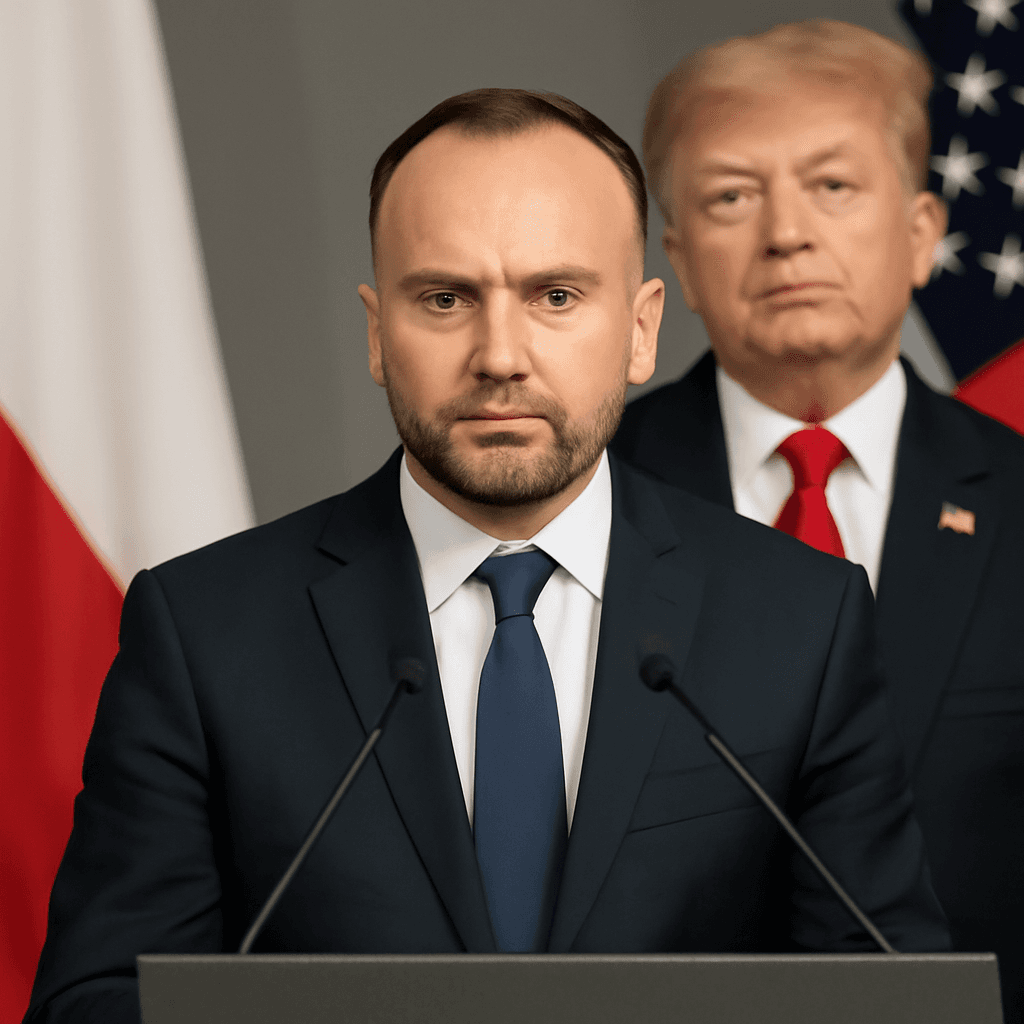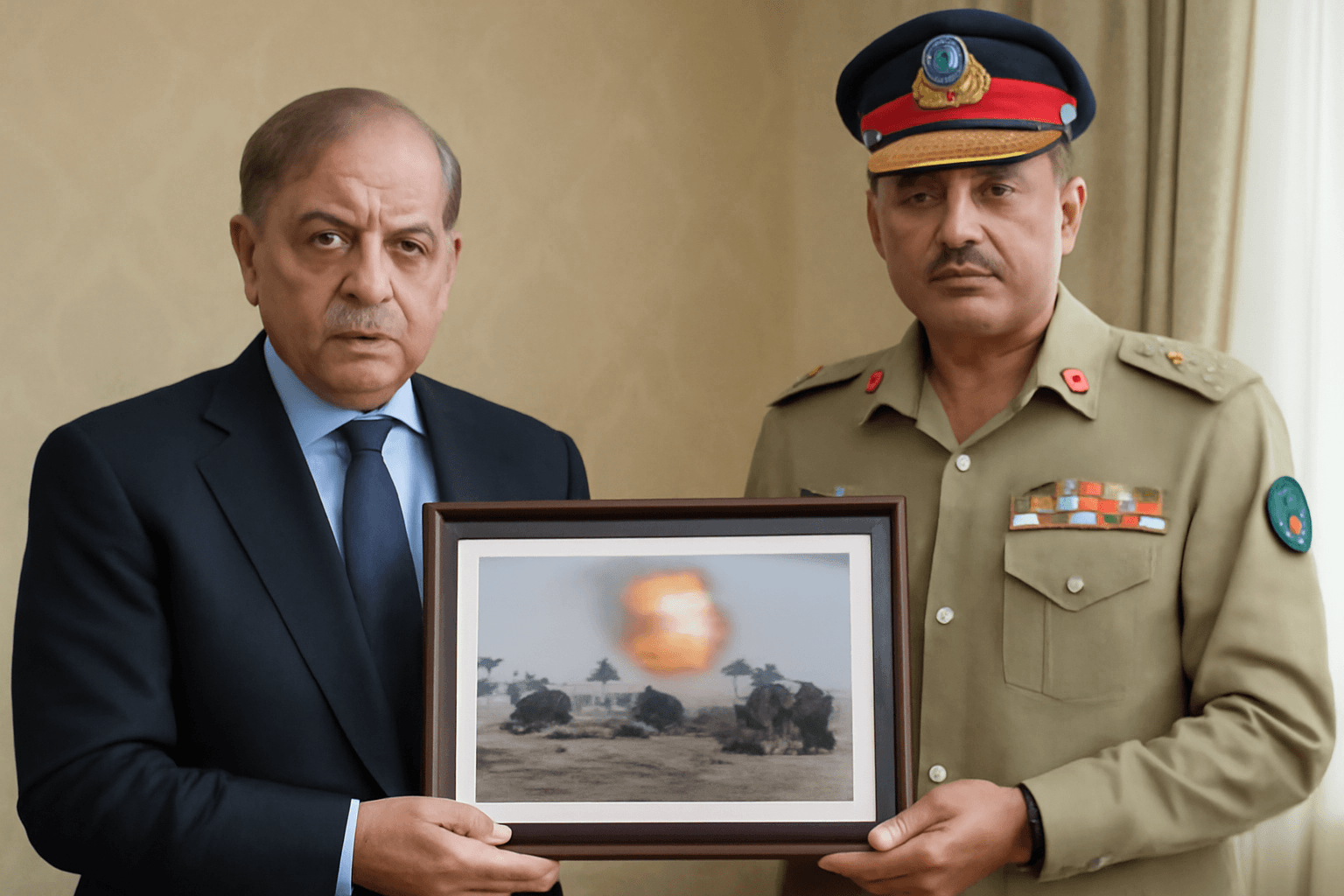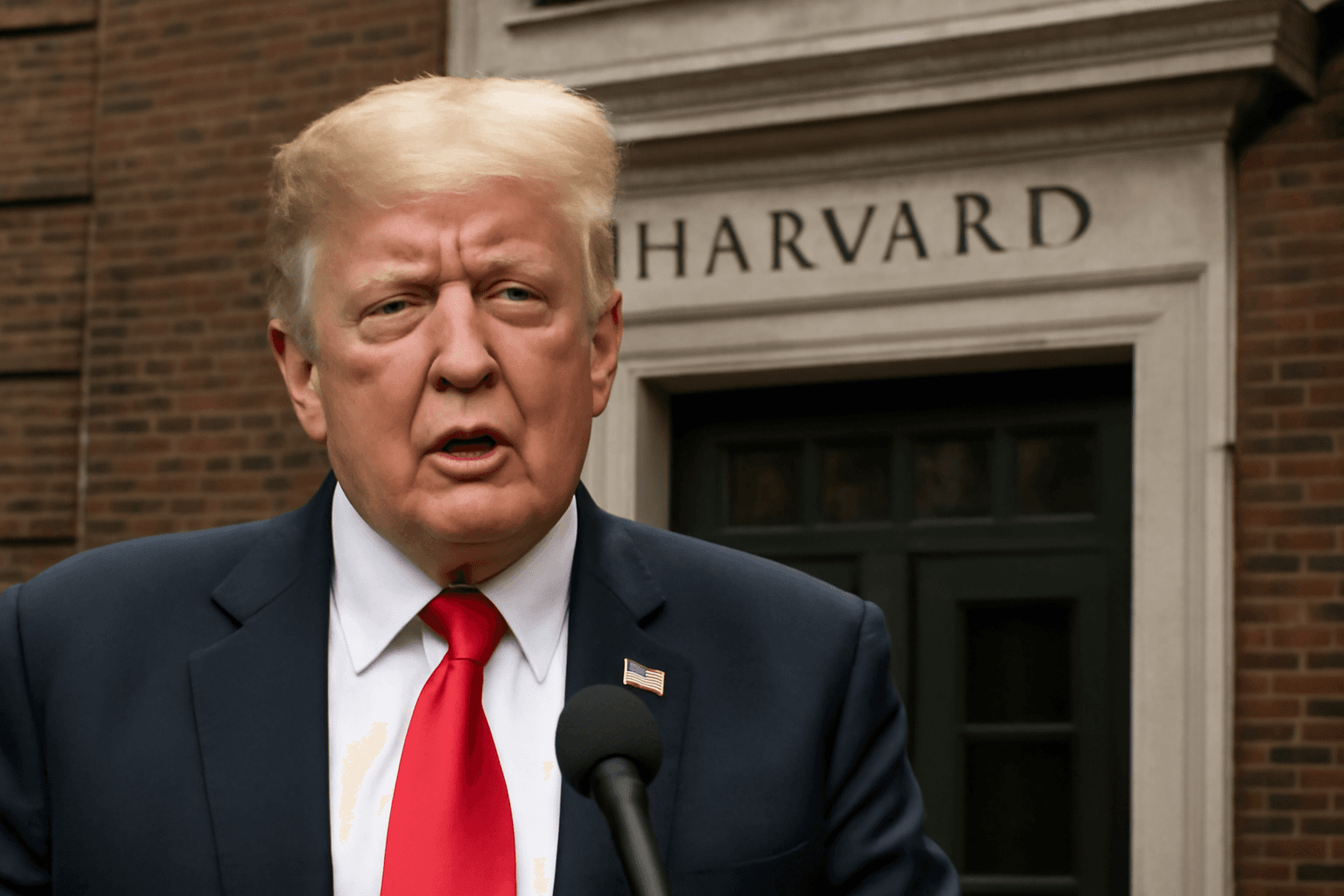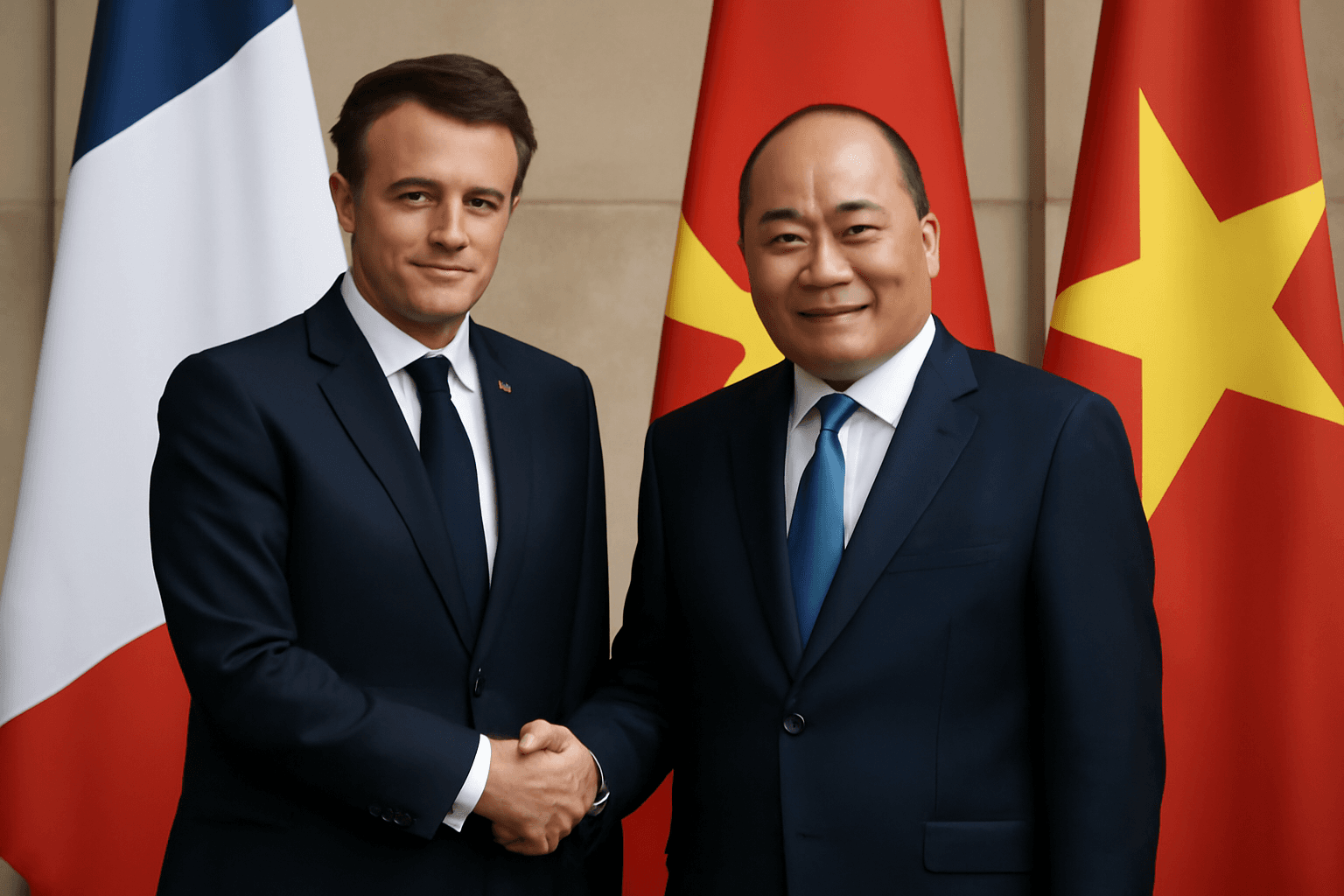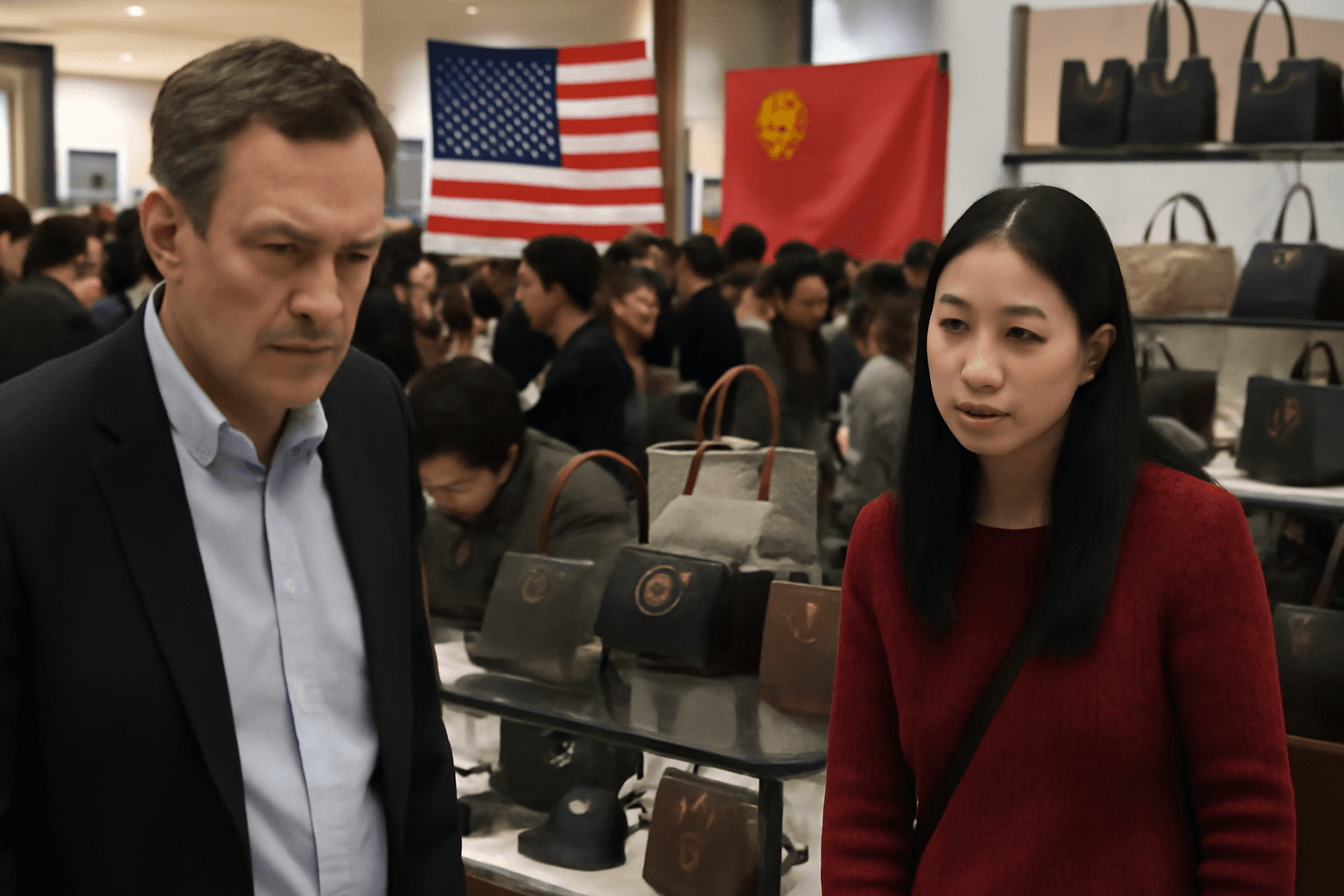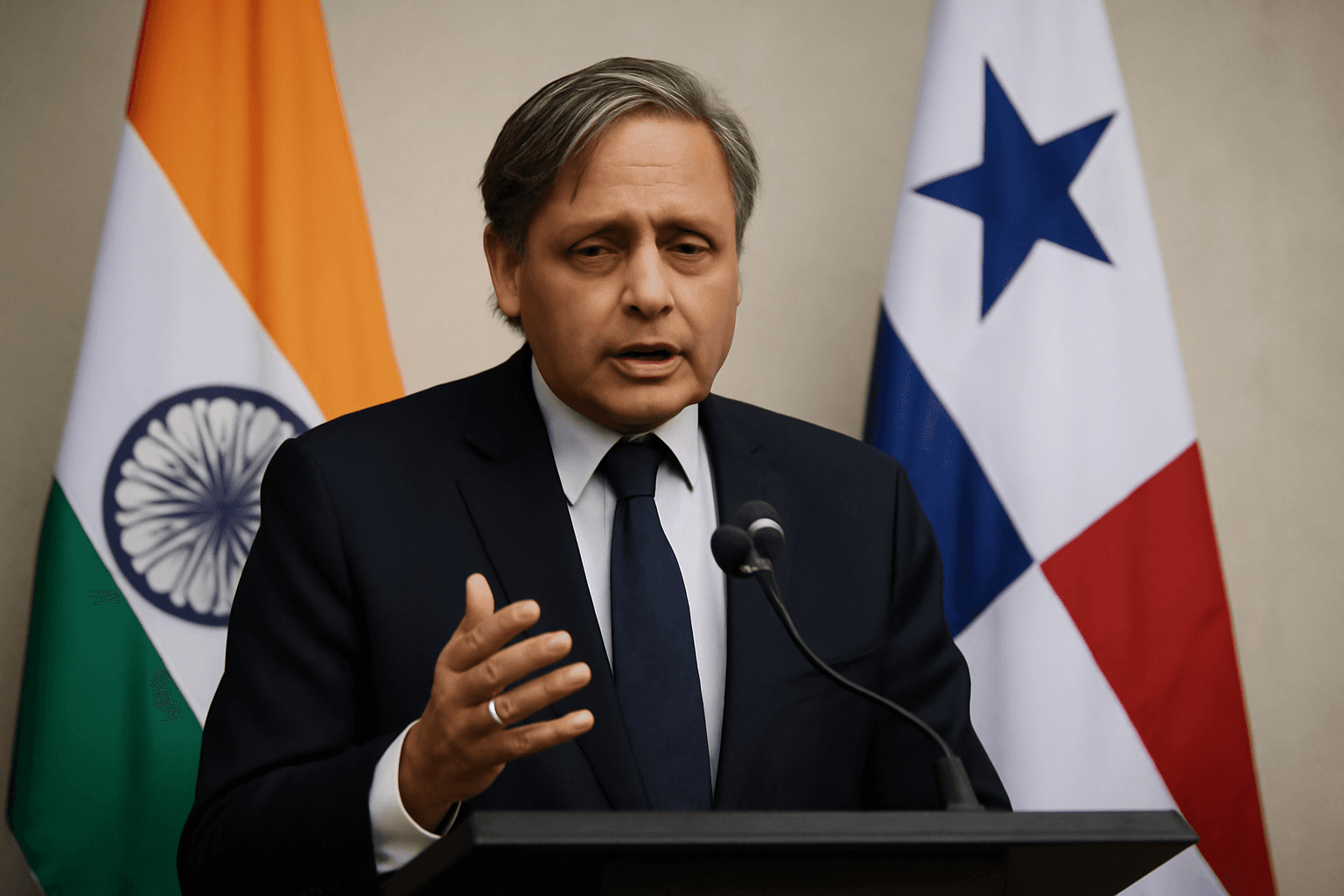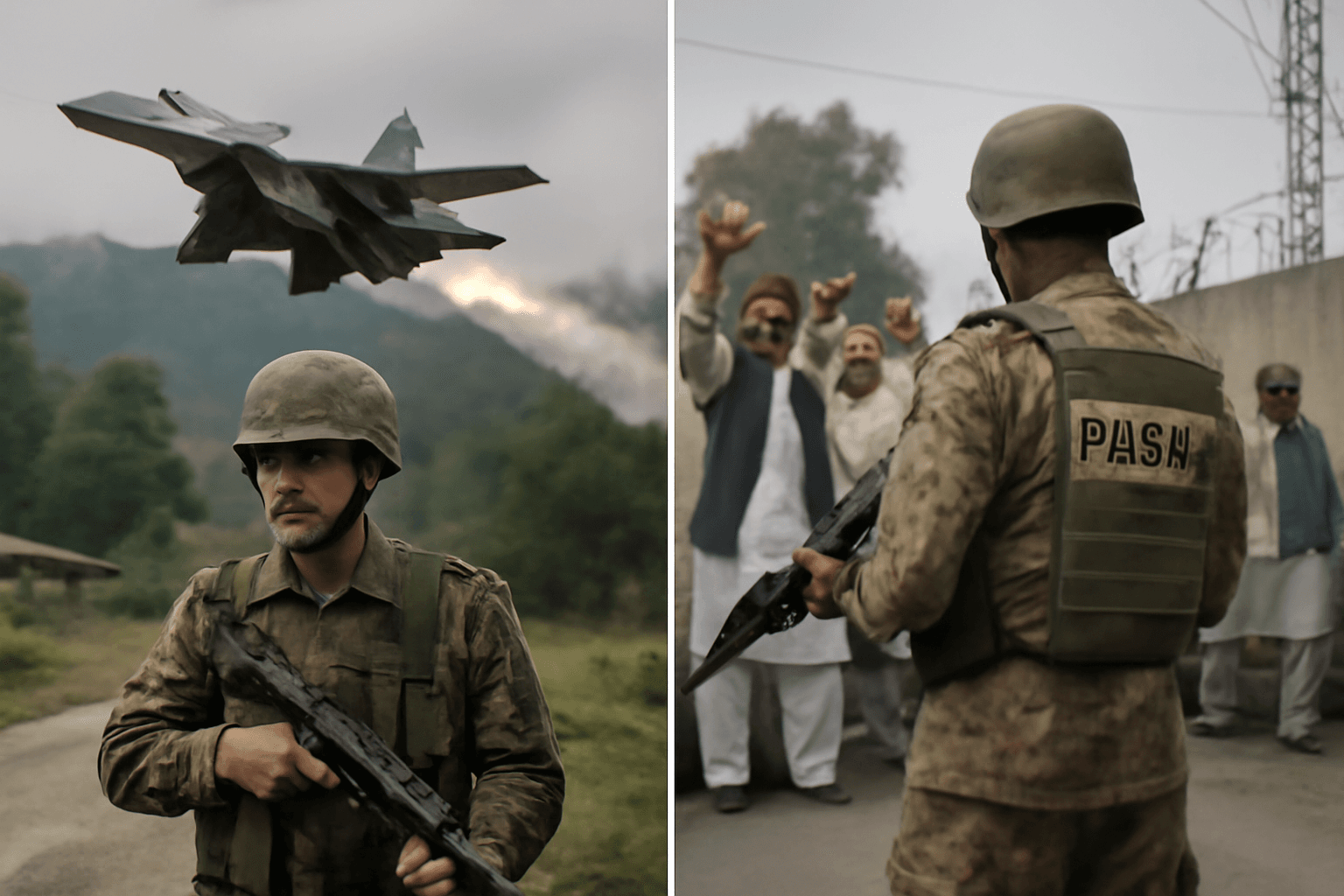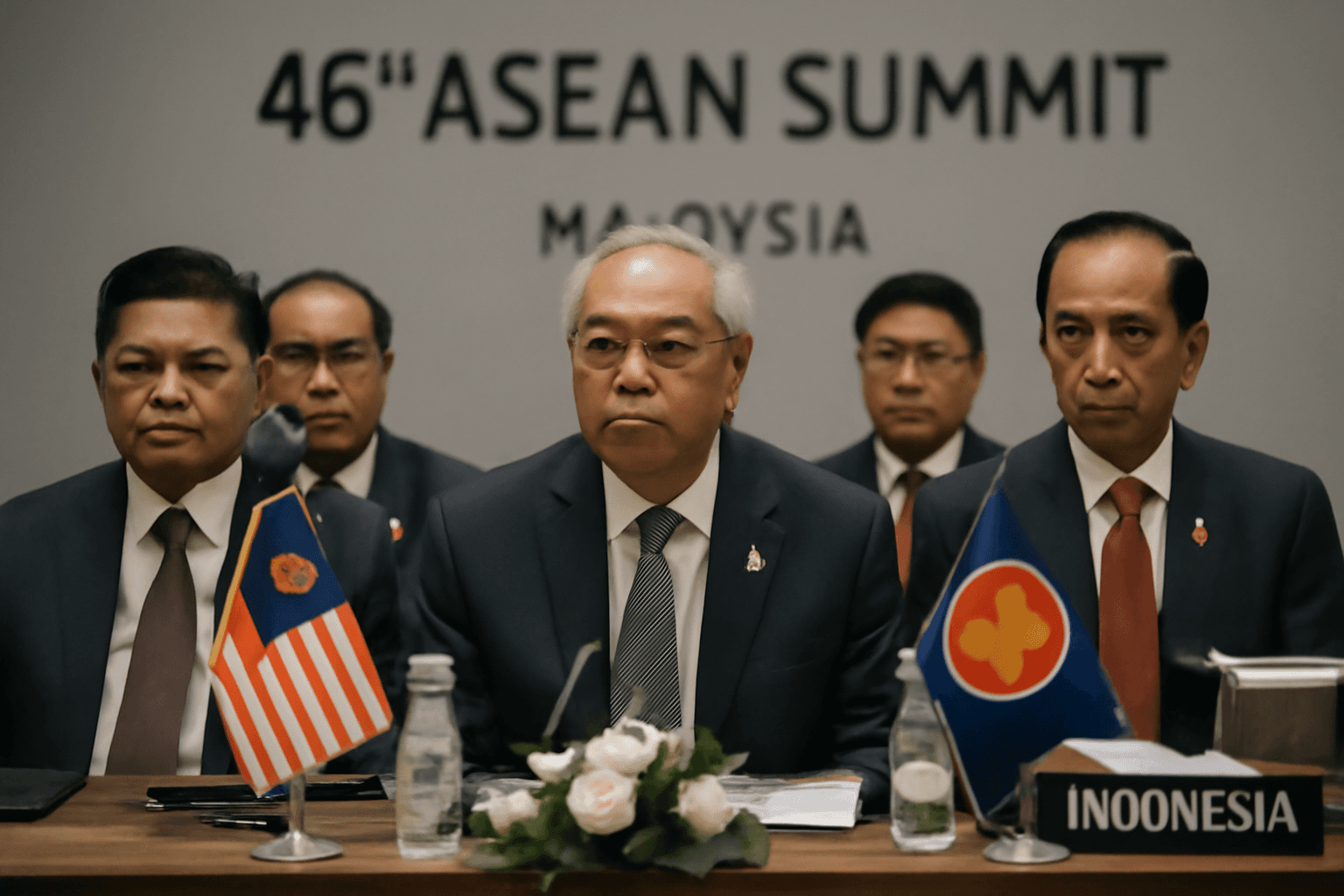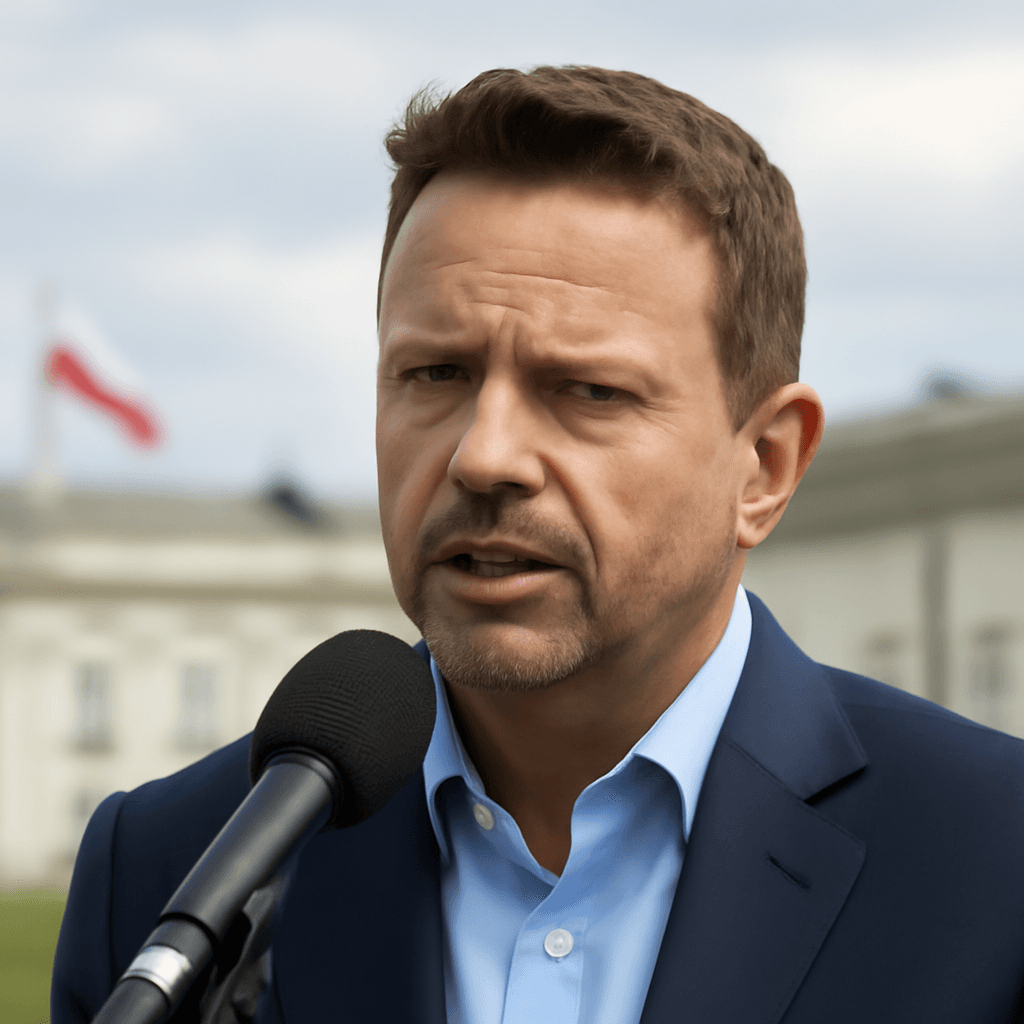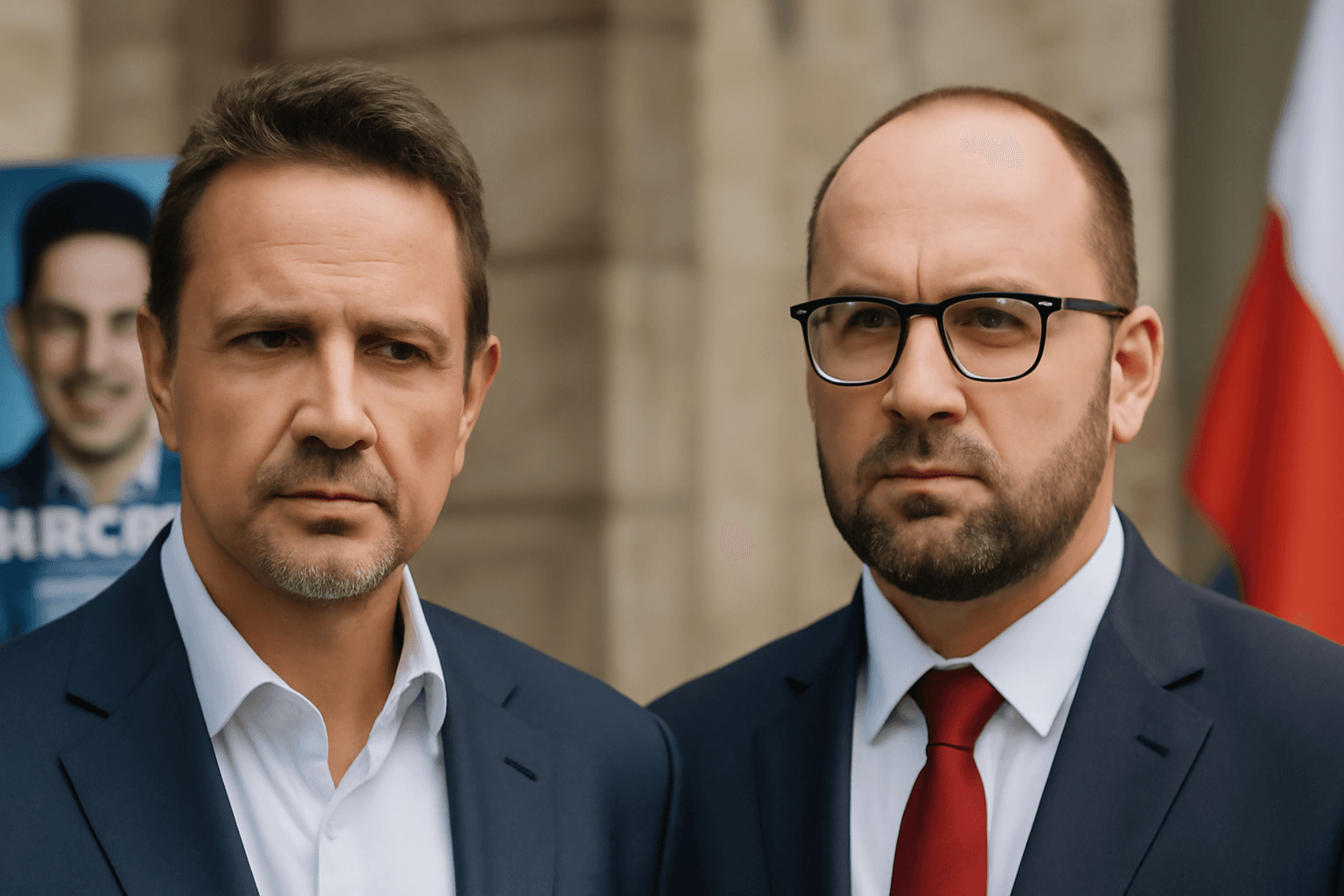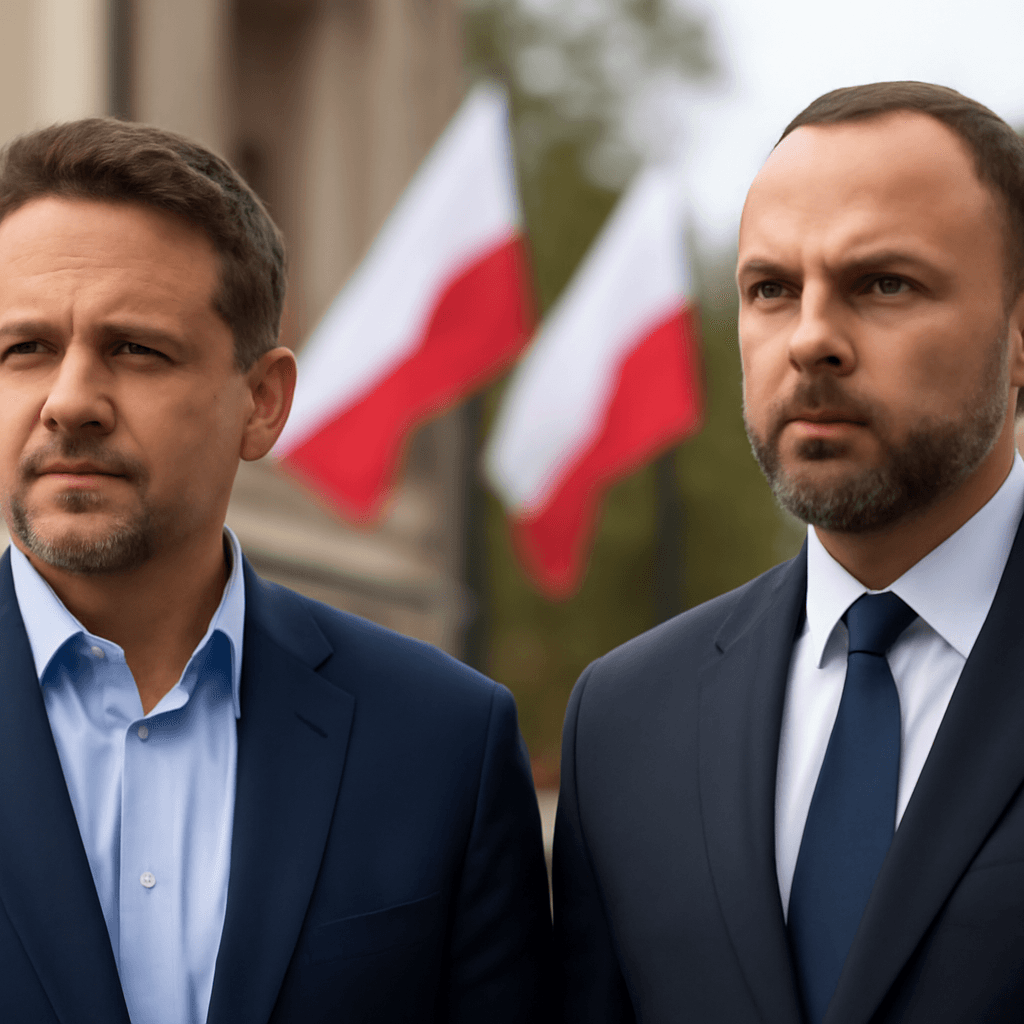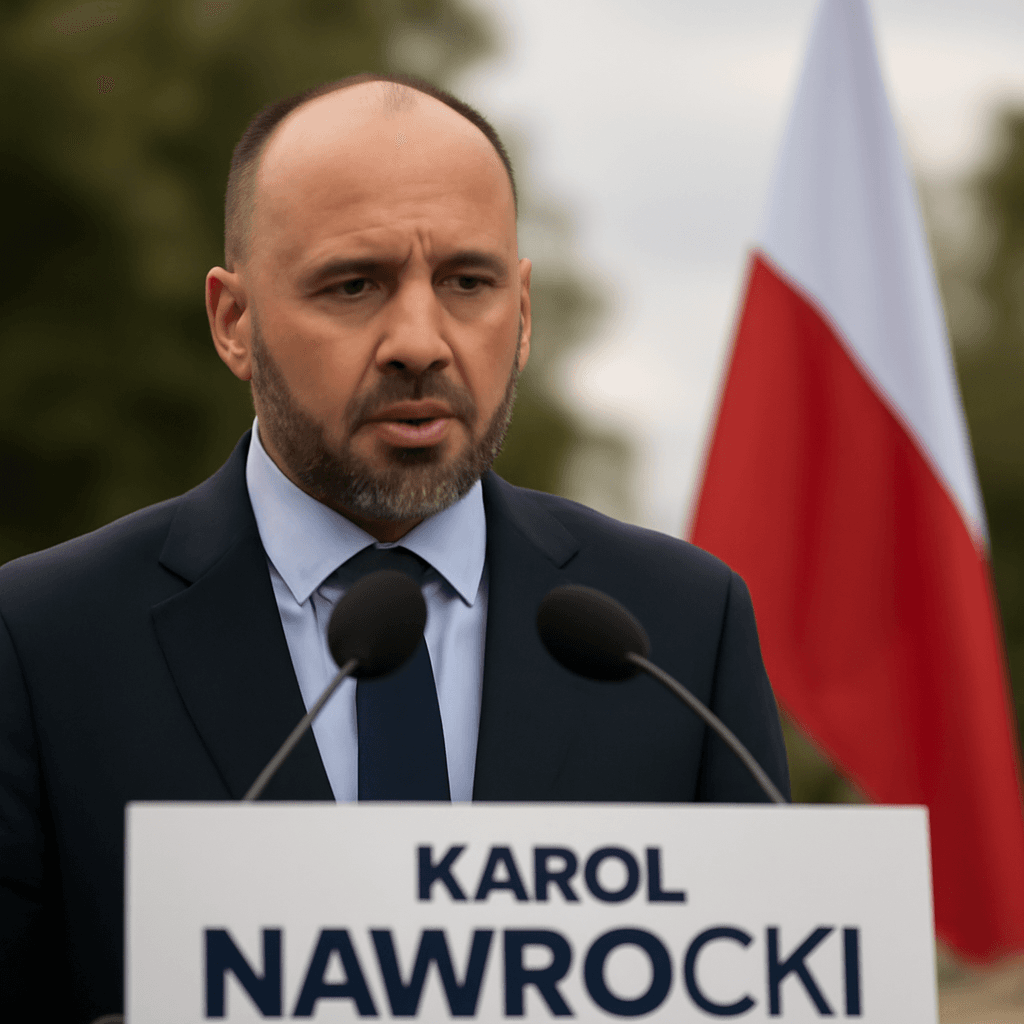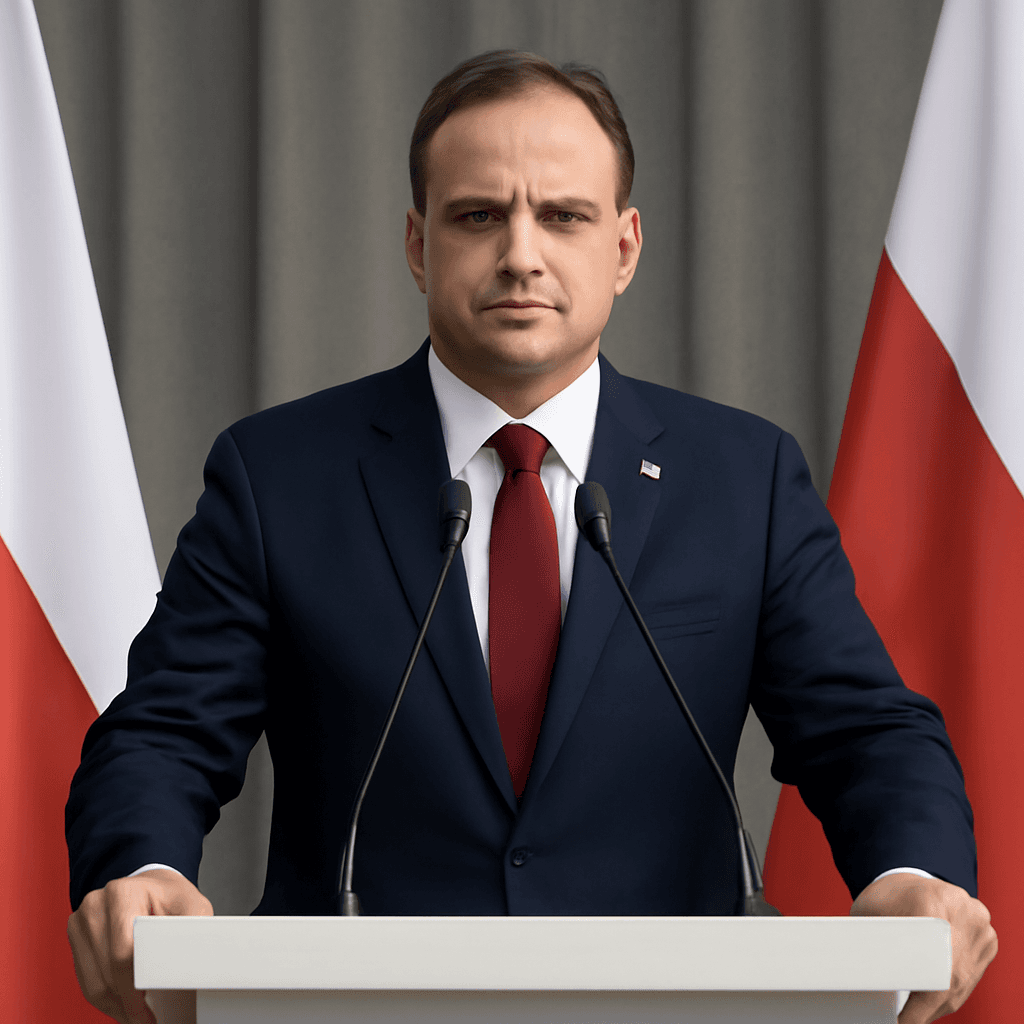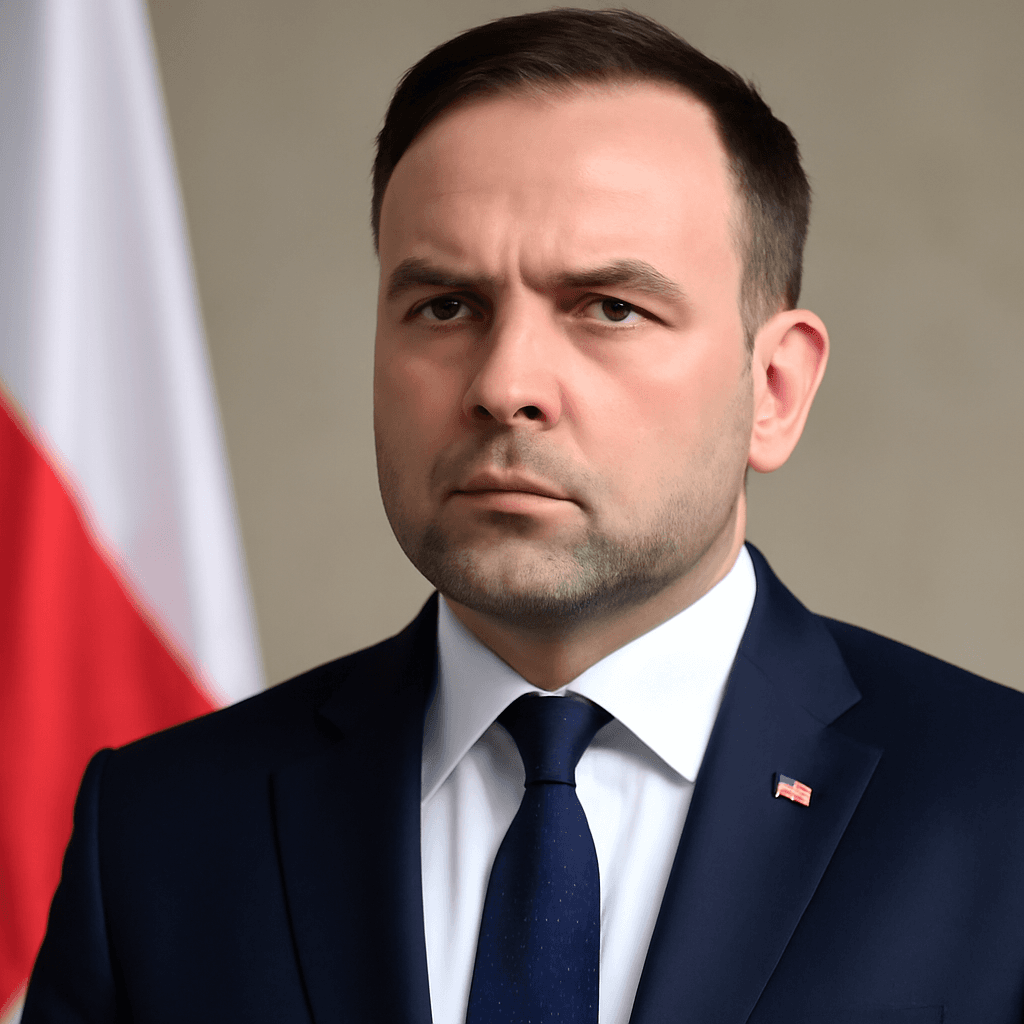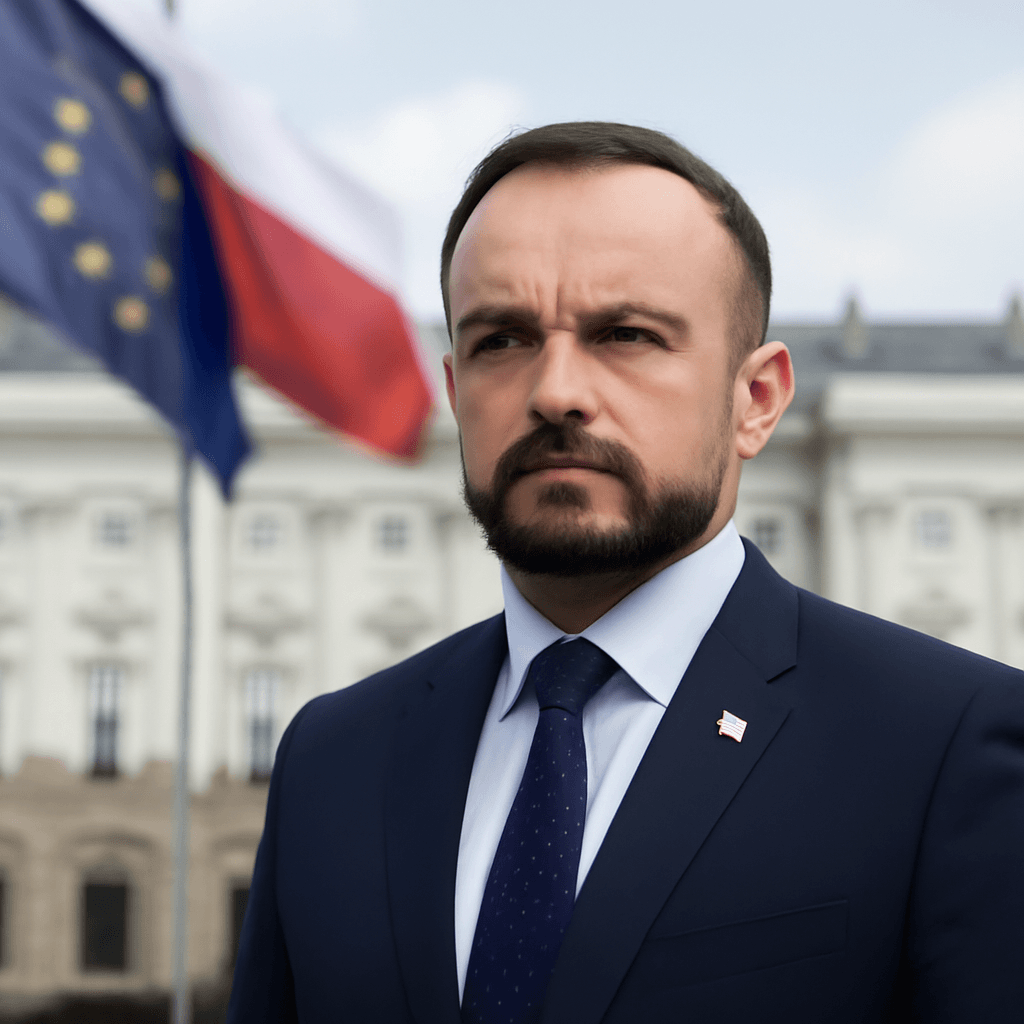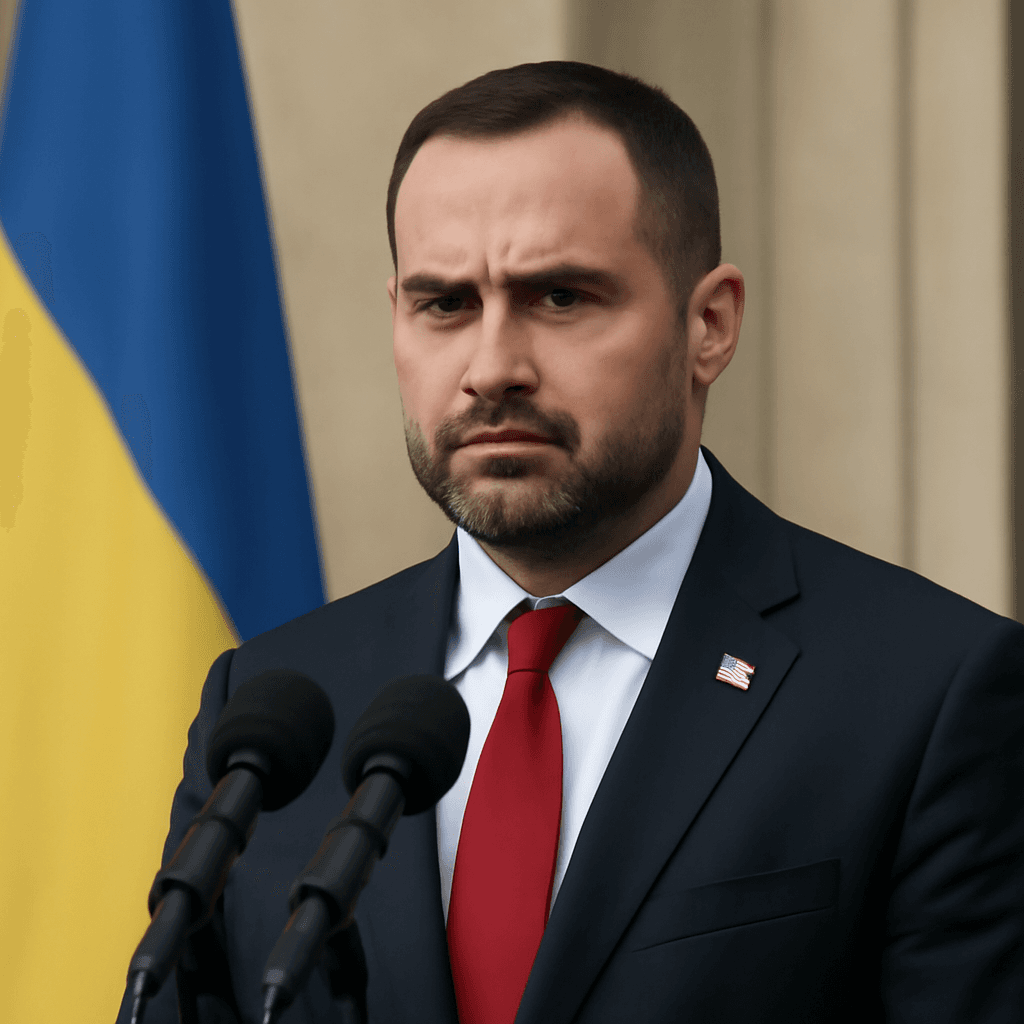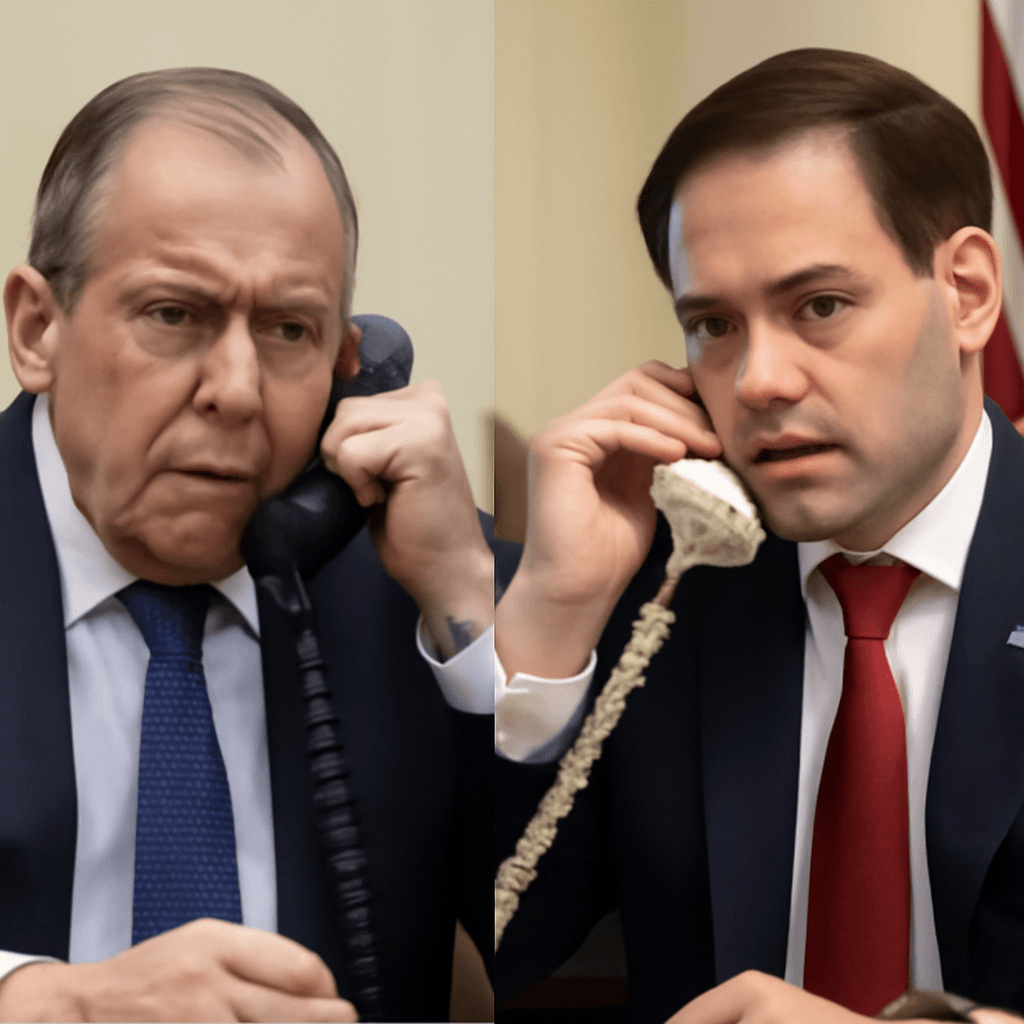Karol Nawrocki Secures Presidency Amid Tight Runoff
Karol Nawrocki, endorsed by former U.S. President Donald Trump, has won the Polish presidency following a narrowly contested runoff election. Representing the opposition Law and Justice (PiS) party, Nawrocki secured 50.89% of the vote against Warsaw Mayor Rafał Trzaskowski’s 49.11%. This victory positions Nawrocki as a significant force challenging Poland’s current pro-European Union government.
Political Context and Implications
Nawrocki will succeed Andrzej Duda, a fellow conservative who previously prevailed over Trzaskowski by a slim margin in 2020. With a term length of five years and eligibility for re-election, Nawrocki’s ascent raises critical questions about Poland’s future political trajectory, particularly its relationship with the European Union and neighboring Ukraine.
While the Polish president’s role is somewhat limited compared to parliament, it carries important powers such as the ability to veto legislation. During Duda's tenure, this veto power was utilized to block numerous reforms proposed by Prime Minister Donald Tusk's centrist coalition, signaling potential challenges ahead for the pro-EU administration.
Impact on EU Relations and Domestic Policy
Nawrocki’s Eurosceptic stance threatens to undermine the strong cooperation recently restored between Warsaw and Brussels. Last year, Poland unlocked up to €156 billion in previously frozen EU funds after mending fractured relations.
As the EU’s sixth-largest economy and home to 37 million people, Poland is a major beneficiary of these funds, which are vital for its economic development and political stability. Despite concerns, EU Commission President Ursula von der Leyen expressed confidence in continuing effective collaboration, emphasizing the importance of unity in peace and democratic values.
Shift in Stance Toward Ukraine
Poland has historically supported Ukraine with extensive security and logistical aid in response to Russia's ongoing invasion. However, Nawrocki’s campaign took a more cautious tone, criticizing certain actions by Ukrainian President Volodymyr Zelenskyy and rejecting Kyiv’s aspirations to join NATO, citing fears that such a move could escalate tensions with Russia.
Rise of Right-Wing Populism in Europe
Nawrocki’s victory exemplifies the continuing strength of right-wing populism across Europe. It marks a break from recent liberal electoral successes in countries like Romania and Portugal in May, reflecting shifting public sentiments.
At a Conservative Political Action Conference held in Poland, U.S. Homeland Security Secretary Kristi Noem publicly encouraged Polish voters to support Nawrocki, praising his leadership potential and criticizing his liberal opponent.
Poland’s Strategic Alliance with the United States
Poland has maintained robust security ties with the United States, particularly in the defense sector. The country has consistently surpassed NATO’s defense spending target of 2% of GDP over the past five years, recording a notable 3.75% in 2024, exceeding even the United States’ own contribution.
Investments include procurement of advanced U.S. military equipment such as F-35 fighter jets and Abrams tanks, cementing Poland’s position as a key NATO ally despite broader criticisms voiced by Trump regarding many European members’ defense spending.

